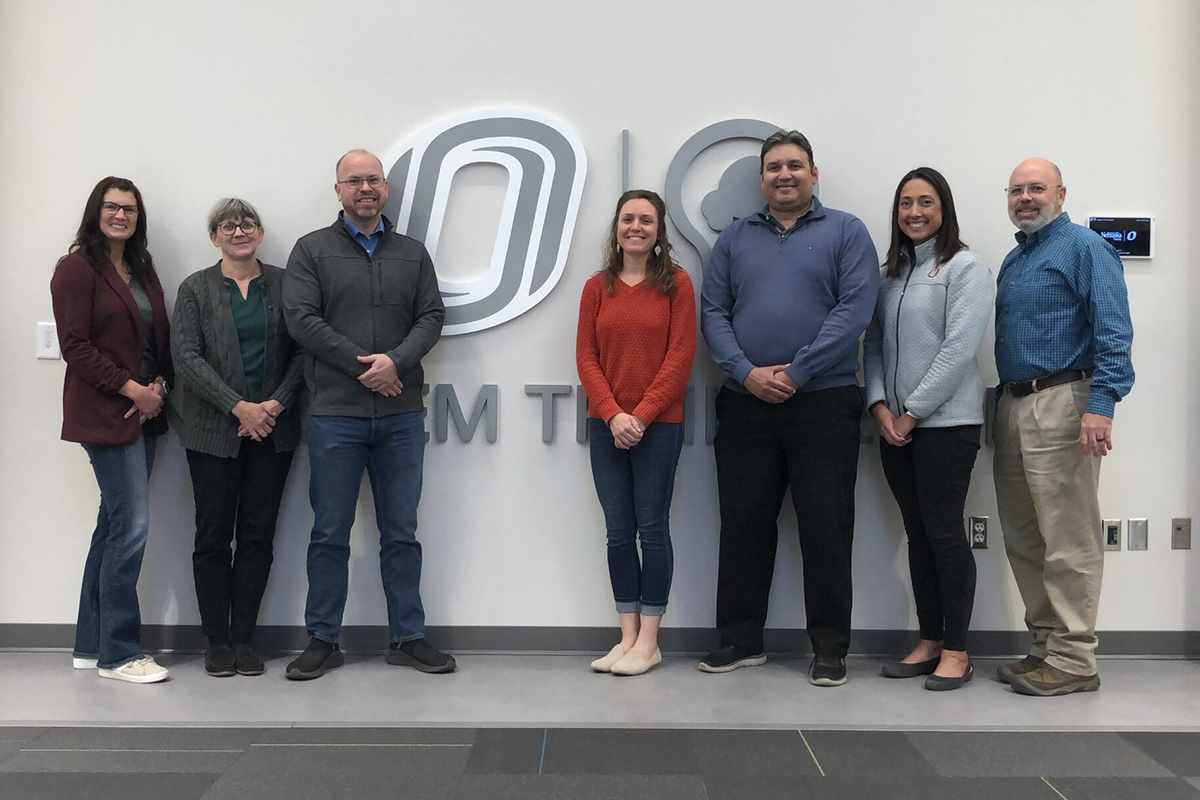UNO Receives $2M NSF Grant to Support Income-Eligible STEM Majors
The project — titled Persistence and Retention through Community Involvement, Mentoring, and Experiential Learning (PRIME) and granted via the NSF’s S-STEM program — will fund $1.2M in scholarships for UNO students, with the remainder used to provide and study student services that improve retention.
- published: 2024/10/28
- contact: Sam Peshek - UNO Office of Strategic Marketing and Communications
- email: unonews@unomaha.edu

Highlights
-
$1.2M in scholarships will directly support 26 income-eligible STEM majors at UNO, helping students who need financial assistance stay on track from freshman to senior year.
-
The project also focuses on increasing student retention by fostering STEM identity, social belonging, and community connections through mentoring and experiential learning.
-
Over the next five years, the PRIME project will generate valuable insights into how universities can better retain low-income STEM students.
A multi-disciplinary faculty team working with the STEM TRAIL (Teaching, Research, and Inquiry-Based Learning) Center at the University of Nebraska Omaha (UNO) has been awarded $1,999,867 from the National Science Foundation (NSF) to support income-eligible STEM majors.
The project — titled Persistence and Retention through Community Involvement, Mentoring, and Experiential Learning (PRIME) and granted via the NSF’s S-STEM program — will fund $1.2M in scholarships for UNO students, with the remainder used to provide and study student services that improve retention.
“The PRIME project will support the persistence and retention of STEM majors by providing scholarships combined with opportunities in community involvement, mentoring, and experiential learning to students who need these resources the most,” said Dr. Paul W. Denton, associate professor of biology and principal investigator for the project. “This aligns with UNO’s urban-focused mission and our core goal of creating social mobility through access to education.”
The project will also support the generation of novel insights into how universities can better retain economically disadvantaged STEM students.
“We will be answering some important questions about how to develop students’ STEM identity, sense of belonging, and social capital,” said Dr. Tracie Reding, research director for UNO’s STEM TRAIL Center and co-PI on the project. “Thus, this project will lead to pragmatic and impactful innovations for the public good.”
The PRIME project has been funded for five years and will support 26 students from their freshman to senior years.
“We create innovations in STEM education,” said Dr. Chris Moore, director of the Center and project co-PI. “This project is an excellent example of how we enhance educational excellence by building multi-disciplinary faculty teams to tackle institutional challenges.”
Additional project leadership team members include Dr. Claudia Rauter, Haddix Community Chair of Science and associate professor of biology; Dr. Alfredo Perez, associate professor of computer science; Dr. Karina Uhing, assistant professor of mathematics; and Dr. Kelly Gomez Johnson, associate professor of teacher education. This project launched in October 2024.
This material is based upon work supported by the National Science Foundation under Award No. 2424244.